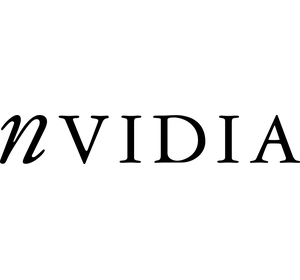$CMCSA $CANTOR $BTC
#FinancialCrime #InsiderTrading #CantorFitzgerald #Comtech #Antifraud #SECCharges #StockMarket #CorporateGovernance #EarningsCall #MarketImpact #CEO #InvestorProtection
Cantor Fitzgerald, a well-known financial services firm, has come under legal scrutiny following allegations of violating antifraud and proxy provisions. Regulators claim the firm engaged in improper conduct, undermining the transparency and fairness expected in financial markets. These provisions are pivotal in safeguarding investor confidence and ensuring firms adhere to stringent standards in their engagement with clients and shareholders. The charges against Cantor Fitzgerald could impact its reputation, sparking concerns among stakeholders regarding corporate governance practices. Besides reputational risks, the firm might face regulatory penalties, potentially leading to financial losses. Investors may also see market volatility around firms in a similar space as they become more cautious of governance-related risks.
Simultaneously, Michael Porcelain, the former CEO of Comtech Telecommunications Corp., faces serious allegations of insider trading. According to the Securities and Exchange Commission (SEC), Porcelain sold off significant stock holdings just before the company announced disappointing earnings, which led to a sharp drop in stock price. Insider trading not only erodes trust in financial markets but also creates an uneven playing field for retail investors who rely on public information. Comtech’s governance integrity is being questioned, and these developments are likely to bring increased scrutiny to companies’ internal controls and board oversight. The market tends to heavily punish firms involved in such controversies, as seen in similar high-profile cases, leading to eroded shareholder value.
The broader implications of such incidents are significant for the financial and corporate world. Regulatory bodies like the SEC have been intensifying efforts to curb violations and ensure accountability. This has translated into a growing emphasis on establishing robust compliance frameworks among publicly traded firms. The charges against Cantor Fitzgerald and Porcelain underscore the need for companies to adopt proactive measures to prevent unethical practices. For investors, this news serves as a critical reminder of the value of due diligence. Savvy traders might turn to alternative investments or favor companies with strong governance scores, creating notable shifts in market dynamics.
In terms of market sentiment, news like this often generates ripple effects. For instance, past cases involving insider trading and corporate misconduct have sometimes led to increased volatility in affected sectors. Cryptocurrencies, like Bitcoin ($BTC), could also experience tangential impacts, as some investors look to decentralized assets as a hedge against regulatory mishaps and market manipulation in traditional securities. As these cases continue to unfold, the implications extend beyond the firms directly involved, contributing to an evolving conversation around ethics, transparency, and the responsibilities of corporate leaders in maintaining market integrity.











Comments are closed.